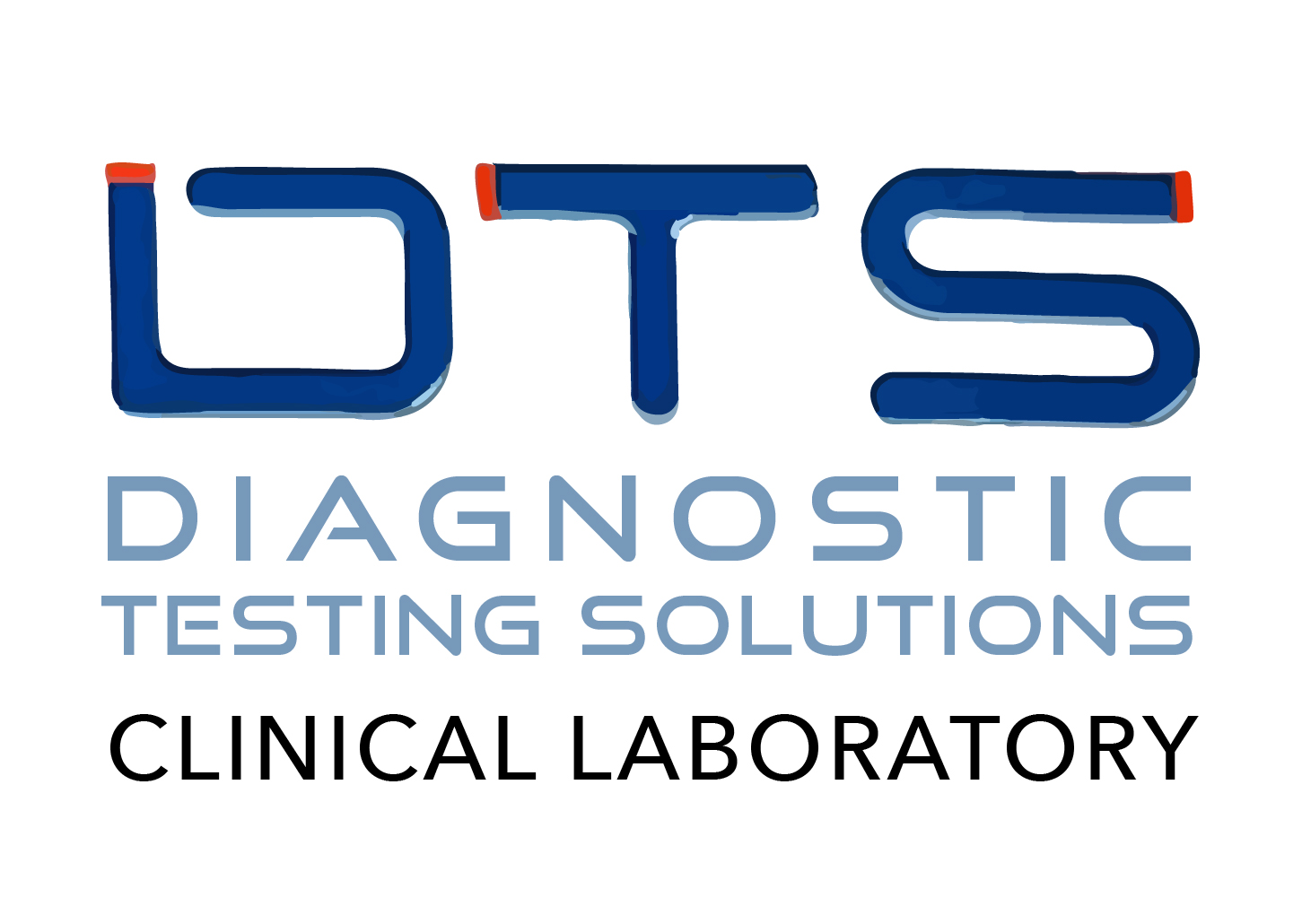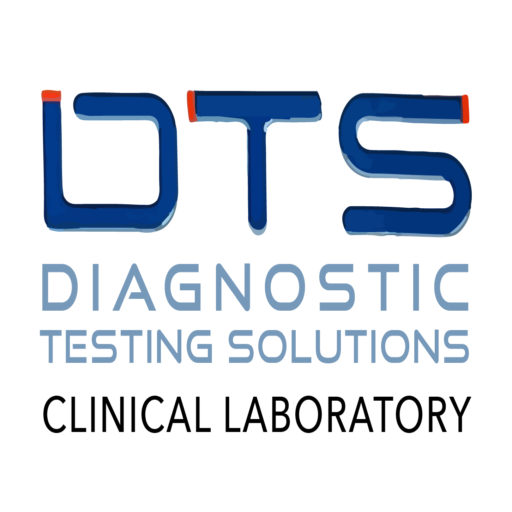
What Are Health Panel Blood Tests for Children?
Health panel blood tests for children are designed to detect various health conditions at different stages of a child’s development. These tests ensure early identification of potential health issues, allowing for timely interventions. They include screenings for conditions like:
- Nutritional deficiencies
- Developmental delays
- Hormonal imbalances
- Allergies and chronic conditions (e.g., anemia, diabetes)
While children undergo specific screenings, it’s also important for adults to regularly monitor their health through tests like the general health panel blood test. This helps identify health risks early and ensures timely care for the whole family.
Why Are Health Panel Tests Conducted?
There are several reasons why children undergo health panel blood tests:
- Early Detection: Identifying health problems before they become severe helps prevent complications.
- Preventive Care: Routine screenings ensure children maintain optimal health and receive timely care if any issues arise.
- Tracking Growth and Development: These tests help track a child’s development from infancy through adolescence.
- Monitoring Chronic Conditions: Regular testing helps manage and adjust treatments as needed for children with chronic conditions.
By conducting these tests, doctors ensure children receive the care they need to grow and thrive.
Types of Health Panel Tests
Different types of health panel tests are available depending on the child’s age and needs. Common types include:
Newborn Screening Tests
Newborn screening tests are the first set of health assessments a baby receives after birth. These tests detect serious conditions that might not show symptoms right away.
What they screen for:
- Genetic disorders (e.g., cystic fibrosis)
- Metabolic disorders (e.g., phenylketonuria or PKU)
- Hearing loss
How they work: A small blood sample is taken from the baby’s heel, and in some cases, a hearing test is conducted.
Developmental and Behavioral Screenings
Developmental screenings assess whether a child is hitting key milestones, such as speech, movement, and social skills. Behavioral screenings check for early signs of emotional or behavioral problems, such as autism spectrum disorder (ASD) or attention-deficit/hyperactivity disorder (ADHD).
Why they matter: Early diagnosis of developmental or behavioral delays ensures children get the support they need for healthy development.
Vision and Hearing Tests
Vision and hearing tests ensure that children can see and hear properly. These senses are crucial for learning and interacting with others.
Vision tests: Check for issues like nearsightedness, farsightedness, and astigmatism.
Hearing tests: Identify hearing loss that could affect speech and language development.
Blood Tests
Blood tests are fundamental in identifying various conditions, including anemia, infections, and hormone imbalances.
Common conditions detected:
- Anemia (low iron levels)
- High cholesterol
- Hormonal imbalances, such as thyroid issues
Early detection of these conditions ensures children receive the appropriate treatment and care. Parents can feel reassured about the safety of general health panel tests, as they are non-invasive and widely recognized for providing accurate, reliable health insights with minimal risk.
Allergy Tests
Allergy testing identifies specific allergens that trigger reactions in children. These tests help parents and doctors manage allergies, such as food allergies, seasonal allergies, or skin reactions.
Types of allergy tests:
- Skin prick tests
- Blood tests for allergen-specific antibodies
Nutritional Deficiency Screening
Nutritional screening tests check for deficiencies in essential vitamins and minerals. These tests are critical during growth spurts when children need specific nutrients for bone health, energy, and immune support.
Common deficiencies detected:
- Iron (can cause anemia)
- Vitamin D (important for bone development)
- Calcium (essential for strong bones)
Cholesterol and Diabetes Screening
With childhood obesity on the rise, cholesterol and diabetes screenings are becoming increasingly important. These tests help prevent long-term health problems by detecting issues early.
Cholesterol tests: Measure LDL (bad cholesterol) and HDL (good cholesterol) levels.
Diabetes screening: Blood glucose tests check for high sugar levels, indicating Type 1 or 2 diabetes.
How to Prepare for a Health Panel Blood Test
While many health panel tests require no specific preparation, there are a few things parents can do to ensure smooth testing:
- Know What Type of Test Is Being Conducted
- Some tests, like blood tests, might require fasting, while others, like developmental screenings, do not.
- Discuss Any Medications
- Inform the healthcare provider if your child takes any medications; some drugs might affect the test results.
- Ensure Your Child Is Calm
- Tests like hearing or behavioral assessments may go smoother if your child is well-rested and relaxed.
What to Expect During the Tests
Each type of health panel test is designed to be safe and as stress-free as possible for children. Here’s what you can expect during some common tests:
Hearing Test: A simple test to measure your child’s ability to hear different sounds.
Blood Test: A small blood sample is taken from the arm.
Developmental Screening: Your doctor will ask questions and observe your child’s interactions.
Vision Test: Your child will be asked to read from a chart or perform a visual task.
Conclusion:
Regular health screenings are essential for monitoring and maintaining a child’s health. These tests provide valuable insights into a child’s physical and emotional well-being, enabling early detection and intervention for various conditions. By staying proactive with health panel blood tests, parents can ensure their children receive the best care and support for their growth and development. It’s also crucial to be aware of mistakes to avoid before and after a health panel test to ensure the most accurate results and effective care.
Parents are encouraged to keep up with routine screenings and tests, as recommended by their healthcare providers, to help their children lead healthy, active lives. Understanding the importance of these tests empowers parents to make informed decisions that benefit their child’s health now and in the future.
FAQ’s
What are the general lab tests for children?
General lab tests for children include blood tests, urine tests, vision and hearing assessments, and screenings for growth, anemia, and allergies.
What tests are included in the general health panel?
A general health panel for children typically includes blood tests, cholesterol screening, hormone level tests, nutritional deficiency tests, and developmental screenings.
What are screening tests for children?
Screening tests for children are preventive exams that check for conditions like anemia, vision or hearing issues, developmental delays, and allergies.
Why are newborn screening tests important?
Newborn screening tests detect serious conditions early, such as metabolic disorders and genetic conditions, allowing for immediate treatment to improve outcomes.
What tests are in a full panel?
A full panel may include blood tests, hormone tests, thyroid function tests, cholesterol levels, vitamin D deficiency tests, and screenings for genetic or metabolic disorders.
What is a 10 test panel?
A 10-test panel refers to common blood tests that evaluate general health, including complete blood count (CBC), blood glucose, kidney function, liver enzymes, and more.
Are allergy tests necessary for children?
Allergy tests are necessary if a child shows symptoms like rashes, respiratory problems, or digestive issues. Early detection helps manage symptoms and prevent severe reactions.
What is a basic blood test panel?
A basic blood test panel usually includes the following:
- A complete blood count (CBC).
- Blood glucose test.
- Cholesterol check.
- Screenings for iron levels and thyroid function.






